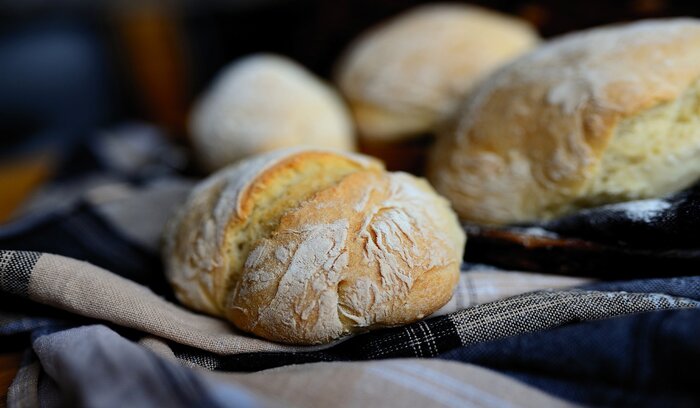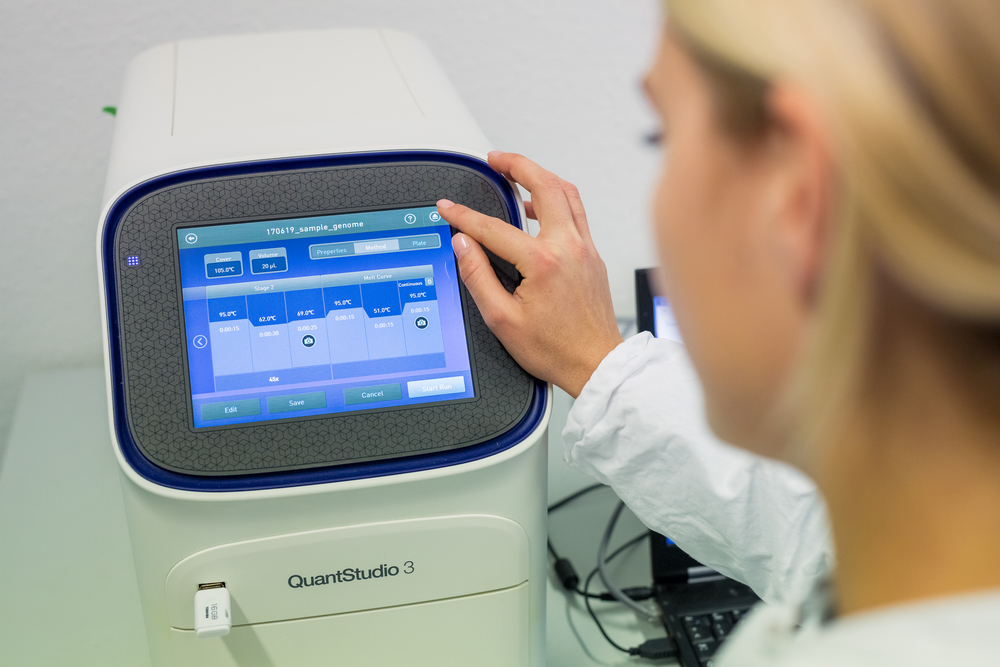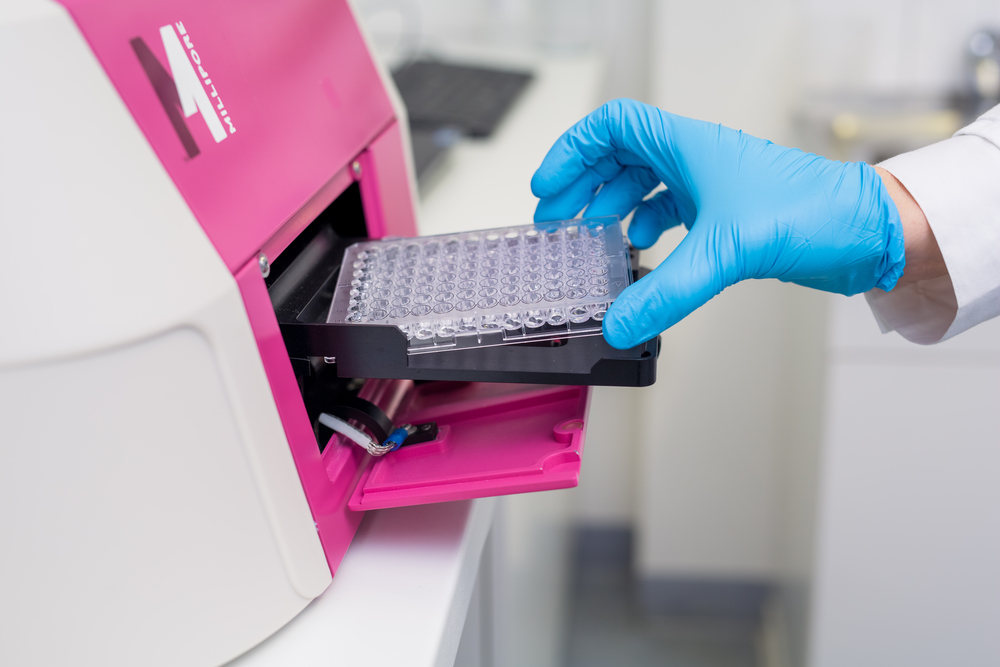
The breakfast table is set and of course many fresh bread rolls are a must. If you don't want to go to the bakery in the morning, you can bake rolls in the oven and enjoy fresh, warm rolls. Baked rolls are available frozen or uncooled in a protective gas atmosphere. However, in a recent test, not all Aufbackbrötchen performed without defects.
The mold toxin Deoxynivalenol (DON) was found in one type of baked-on rolls. Mold toxins, also called mycotoxins, are metabolic products of mold. These arise when there are good growth conditions for the fungus in terms of climate and nutrients. Deoxynivalenols are often found in grains and these can affect people's immune systems. Manufacturers must carry out their own checks to ensure that their products do not pose a risk to humans and that maximum levels are not exceeded.
In order for consumers to consume your rolls regularly, the products have to be sensory. That means the taste, the texture, the appearance and the smell have to be convincing. However, some of the varieties tested were not convincing in tests: They tasted bland and old and had a dry crumb and no crispy crust. These deficiencies can be uncovered by experts in a sensory test before the rolls land on your customers' shelves and plates.
Bilacon supports you in carrying out your own checks in order to rule out recalls and endangering consumers. We also put your products through their paces in terms of sensors, so that no disappointment spreads across the breakfast table.
Nicole Schröer
nicole.schroeer@tentamus.com
+49 30 206 038 133
Source: Stiftung Warentest



















